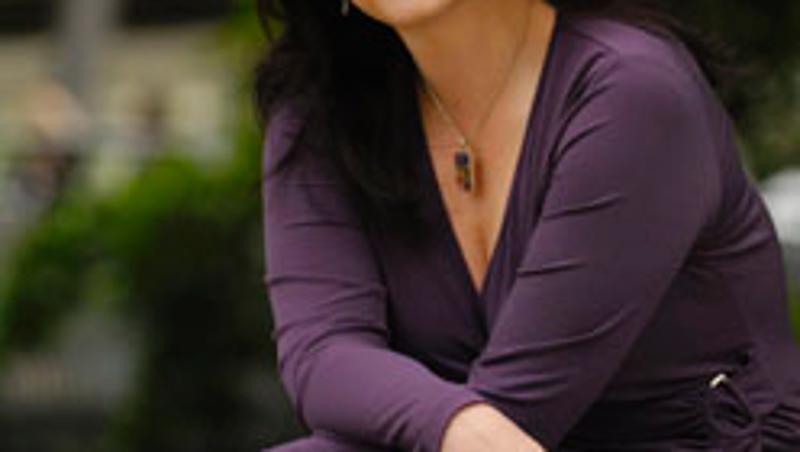
Breaking binge drinking habits is about recognising that not all drinkers are the same, a new study by Queensland University of Technology has found.
Researchers Associate Professor Rebekah Russell-Bennett and Andrew Golledge from QUT's School of Advertising, Marketing and Public Relations, said the most effective way to reduce binge drinking was to target marketing campaigns at different segments of society.
Professor Russell-Bennett said taking a whole-of-group approach, for example targeting "youth", was failing to achieve results with binge drinking a major issue of concern to the government and general public.
The study of 255 18-25 year old university students found binge drinking behaviours of students from Western cultures (Australia, Canada, USA, UK) differed significantly from students from Eastern countries (China, Singapore, India).
"Within the university environment binge drinking is regarded as a rite of passage, a stress-releaser, a rite of initiation to certain social circles and grounds for updating Facebook profiles," Professor Russell-Bennett said.
"But when you drill down, it soon becomes clear that what influences and motivates binge drinking behaviours in Western cultures is different from that of Eastern cultures.
"While there is no international consensus on the definition of binge drinking, according to the Federal Government, binge drinking consists of more than four standard drinks in a session."
Professor Russell-Bennett said the study found Western cultures took a more favourable approach towards drinking and were more likely to demonstrate behaviours such as encouragement, laughter or providing more alcohol in drinking situations.
"Eastern cultures on the other hand are more likely to display social-distancing behaviours towards drinking such as avoidance, disapproval or a desire to remove people who are drunk," she said.
Professor Russell-Bennett said governments trying to curb binge drinking needed to stop treating everyone the same.
"We need to segment people into smaller groups and remember that not all young people are the same and that is exactly what this study highlights," she said.
"An alternative to education campaigns and legislation is social marketing, which focuses on segmenting society, identifying people who are ready to make a change and then creating strategies to help these people make changes.
"Social marketing strategies are more than just advertising campaigns telling people about the dangers of drinking, and include the development of new products and services and more convenient access to alternatives to binge drinking.
"Social marketing requires a completely different mindset to dealing with issues such as binge drinking.
"Current anti-binge drinking strategies seem to take either a 'tax and punish' approach or education approach and they are not working."
Professor Russell-Bennett said for example, campaigns that suggest drinking excessively will disgrace students in front of their "mates" might not be perceived by Western cultures as credible or even as a bad thing, but may be suited to students from Eastern countries.
She said there was also a need to identify new ways of overcoming pro-drinking social norms and encouraging moderate drinking behaviour.
"It is unlikely that simply telling students from Western cultures to stop binge drinking is going to work but if marketing campaigns were to look at adopting products like 'cool' reduced-alcohol drinks then the outcome might be more positive," she said.
Professor Russell-Bennett said there had been good success in countries like Holland and Lebanon where non-alcoholic beverages that looked and smelt like beer or alcopops were being used to reduce alcohol consumption.
"It's time the government stopped treating everyone the same and focused on achieving real results," she said.
The results of the study will be presented at the Australian and New Zealand Marketing Academy Conference being held in Melbourne on December 1 - 2.
Media contact - Sandra Hutchinson, QUT media officer, 07 3138 2999 or s3.hutchinson@qut.edu.au




